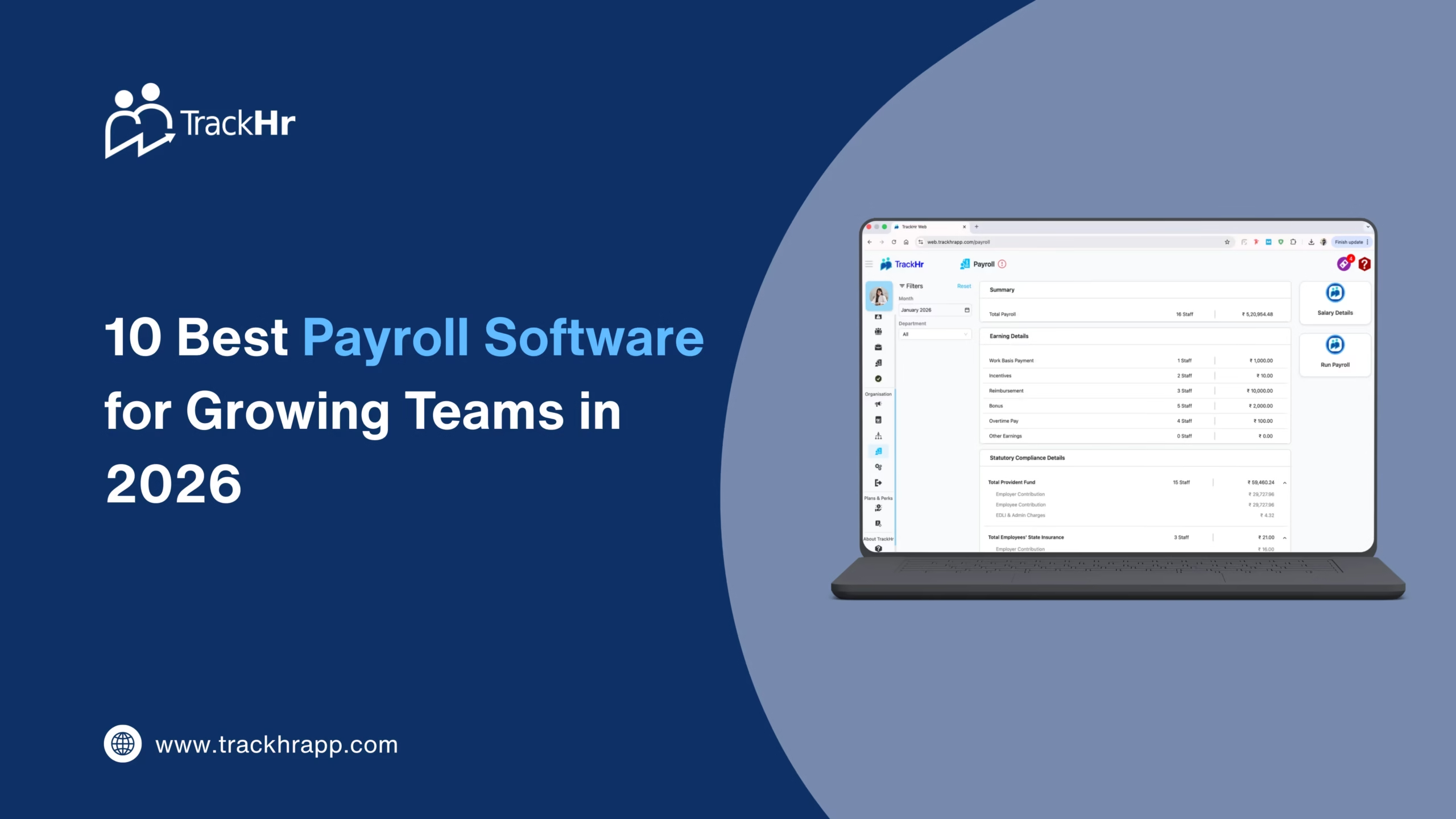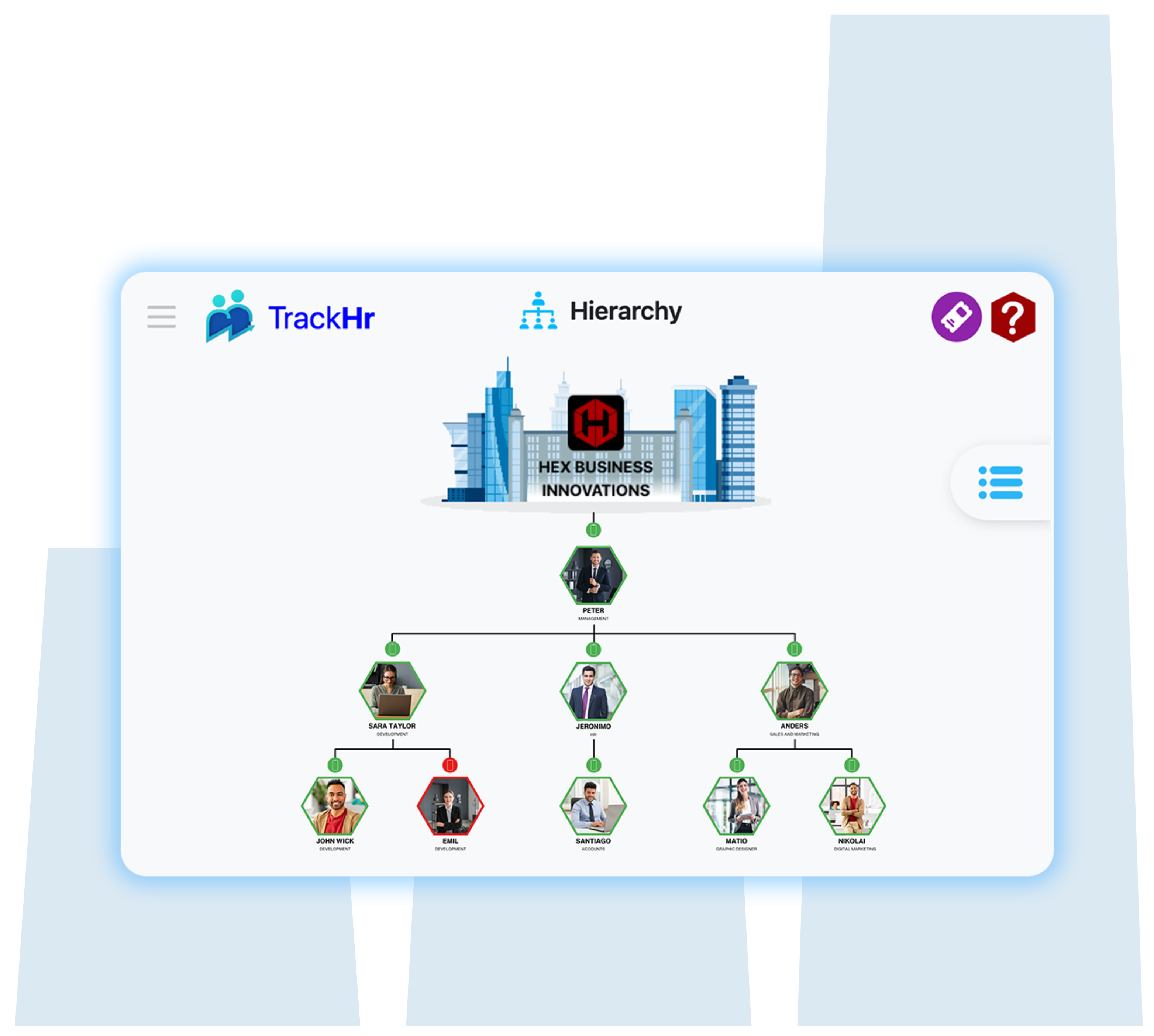Blog
Why Small Businesses Need Performance Tracking Tools
- April 7, 2025
- 10:08 am
In a competitive business landscape, small businesses must maximize every opportunity to grow and succeed. One of the most effective ways to do this is by implementing performance tracking tools. These tools enable small businesses to monitor key performance indicators (KPIs), streamline operations, and make informed decisions that drive success.
What Are Performance Tracking Tools?
Performance tracking tools are software solutions designed to collect, analyze, and report data on various aspects of a business. These platforms help business owners and managers monitor performance in real-time, identify areas for improvement, and ensure alignment with strategic goals.
Key Benefits of Performance Tracking Tools for Small Businesses
1. Data-Driven Decision-Making
Real-time data allows small businesses to make smarter, faster decisions backed by measurable insights.
2. Improved Efficiency
Track workflows, monitor employee productivity, and identify bottlenecks to optimize operations.
3. Enhanced Goal Setting
Set measurable goals and monitor progress using relevant KPIs.
4. Better Resource Allocation
Understand where time, money, and talent are being used most effectively.
5. Increased Accountability
Performance metrics create a culture of responsibility and transparency.
6. Early Problem Detection
Spot trends and issues before they escalate, enabling proactive problem-solving.
Top Features to Look for in Performance Tracking Tools
- Customizable Dashboards – Tailor views for sales, marketing, HR, and more.
- Automated Reporting – Schedule and automate performance reports.
- KPI Tracking – Monitor essential business metrics in real time.
- Integration Capabilities – Seamlessly connect with existing tools like CRMs or accounting software.
- User-Friendly Interface – Ensure ease of use for all team members.
How to Implement Performance Tracking in Your Business
- Identify Key Metrics – Focus on metrics that align with your business goals.
- Choose the Right Tool – Select a platform that fits your needs and budget.
- Train Your Team – Ensure everyone understands how to use the tool effectively.
- Review Data Regularly – Monitor metrics weekly or monthly to stay on track.
- Adjust Strategies as Needed – Use insights to fine-tune business strategies.
Conclusion
For small businesses aiming to grow and compete effectively, performance tracking tools are no longer optional—they’re essential. These tools offer visibility into operations, improve accountability, and empower data-driven decision-making. By adopting the right solution, small businesses can position themselves for long-term success.
Table of Contents
Exhausted from managing performance management manually?






